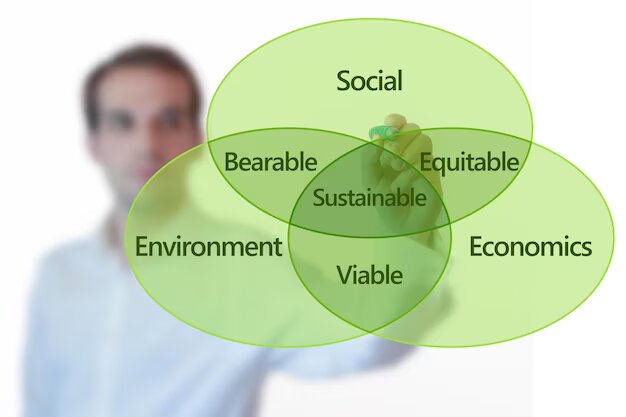Exploring Crossline Group's Sustainable Textile Manufacturing Facilities: Innovation and Efficiency

Crossline Group's Sustainable Textile Manufacturing Approach
The textile industry is known for its significant impact on the environment, from excessive resource consumption to pollution. However, companies like Crossline Group are taking the initiative to change this narrative. In this blog post, we will delve into the sustainable textile manufacturing facilities of Crossline Group and explore the innovative and efficient practices they have implemented to reduce their environmental footprint.
Crossline Group has made sustainability a core part of its mission and values. By putting environmental stewardship at the forefront of their business strategy, they aim to create a positive impact on the planet and society.
At Crossline Group, sustainability is not just a buzzword; it is deeply ingrained in their operations. Here are some of the key sustainable practices and initiatives they have adopted:
Use of Eco-Friendly Materials: Crossline Group prioritizes the use of eco-friendly and renewable materials in their textile manufacturing process. By opting for organic fibers, recycled fabrics, and biodegradable materials, they minimize their reliance on non-renewable resources.
Water and Energy Conservation Efforts: Water and energy are precious resources, and Crossline Group is committed to their responsible use. Through advanced technologies and efficient processes, they have significantly reduced their water consumption and energy usage, contributing to a greener and more sustainable production cycle.
Innovations in Sustainable Textile Manufacturing

Innovation plays a pivotal role in transforming the textile industry into a more sustainable one. Crossline Group understands this and has made significant strides in adopting cutting-edge innovations.
Sustainable Dyeing and Printing Technologies: Traditional dyeing and printing processes often involve harmful chemicals and substantial water usage. Crossline Group has embraced sustainable dyeing and printing technologies that use eco-friendly pigments and require less water, reducing their environmental impact significantly.
Efficiency Measures in Textile Manufacturing: Efficiency is a critical aspect of sustainable textile manufacturing. By maximizing productivity while minimizing resource consumption, Crossline Group exemplifies how efficiency can benefit both the company and the environment.
Lean Manufacturing Principles

Crossline Group has adopted lean manufacturing principles to eliminate wasteful practices and streamline their production processes. This not only reduces material waste but also enhances overall productivity.
Supply Chain Optimization: An optimized supply chain ensures that resources are sourced responsibly and transported efficiently, further reducing the ecological footprint of Crossline Group’s operations.
Positive Environmental Impact: The sustainable practices and innovations adopted by Crossline Group have had a tangible positive impact on the environment. From reduced emissions to lowered waste generation, their efforts are making a difference.
Benefits to the Company, Textile Industry, and Broader Community

The commitment to sustainability has not only improved Crossline Group’s brand reputation but has also positioned them as a trailblazer in the textile industry. Their success inspires other companies to follow suit, collectively fostering a more sustainable future.
Supporting Data and Statistics: By the numbers, the positive environmental impact of Crossline Group’s sustainable textile manufacturing practices becomes even more apparent. Statistics on reduced carbon footprint, water consumption, and waste diversion provide concrete evidence of their achievements.
Successful Sustainable Projects: Real-life examples of successful sustainable projects within Crossline Group’s facilities showcase their dedication to creating meaningful change in the industry.
Future Sustainability Goals and Outlook: Looking ahead, Crossline Group has ambitious sustainability goals. They aim to push the boundaries of innovation and set new benchmarks for sustainable textile manufacturing.
Crossline Group’s sustainable textile manufacturing facilities exemplify how innovation and efficiency can go hand in hand with environmental responsibility.As a leader in sustainable textile manufacturing, Crossline Group serves as a beacon of hope for the industry, inspiring others to follow a more sustainable path.
